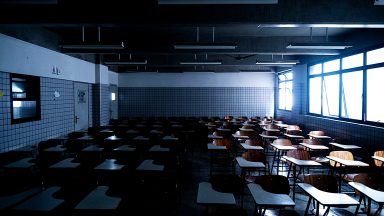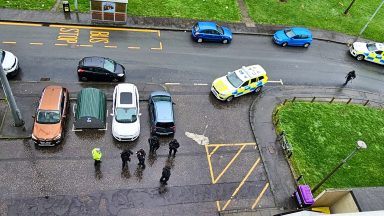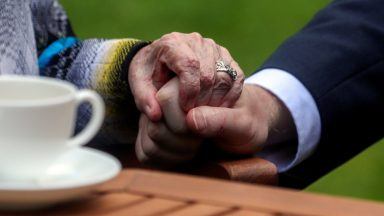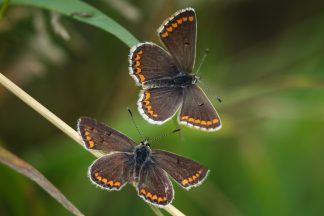Shortfalls in Scottish children’s physical activity have been exacerbated by the Covid pandemic, a new study has shown.
The report by the Active Healthy Kids Global Alliance (AHKGA) compared 57 countries from six continents to assess global levels and trends in child and adolescent physical activity.
It found that children in Scotland face inequalities in low physical activity, high levels of screen time, high levels of obesity as early as primary one, and poor diet.
The comparison of 57 countries resulted in the AHKGA ‘Global Matrix 4.0 comparison of grades’ – essentially a physical activity report card.
Overall, the study ranked the world a grade D – representing success with fewer than half of children.
Scotland was ranked ‘B’ under the Community and Environment category which takes into consideration policies or organisational factors in the municipal environment that can influence the physical activity opportunities and participation of children and adolescents in this environment.
It also achieved a ‘B’ grade in the Sport and Physical Activity category, which noted success in over half of children involved with structured, goal-oriented, competitive, and contest-based physical activity.
Around half of children in Scotland participated in active transportation, while there was some evidence of leadership and commitment in providing physical activity opportunities for all children and adolescents, with each section receiving a grade ‘C’.
In addition, it noted that while policies on activity and diet are of a high quality, they have not been fully implemented and there is a lack of specific policy on screen time.
The study, led by the University of Strathclyde, recommended that physical activity should be promoted early in life and often, while identifying many ways to incorporate purposeful and incidental daily physical activity, such as active play, and to limit screen time.
It suggested that to achieve this, national monitoring would require further improvement, to inform decision-making in policy and practice.
Researchers said that the full effect of the pandemic on the physical activity and health of children and adolescents in Scotland is not yet clear, but there are concerning signs of increased screen time and increased childhood obesity.
The findings for Scotland have been published in the Journal of Exercise Science and Fitness.
Professor John Reilly, of Strathclyde’s school of psychological sciences and health, said: “The Global Matrix 4.0 represents the largest compilation of information to date on levels of physical activity of children and adolescents, and the data show a failing grade across the world.
“Scotland is no exception, and things did not improve in the decade prior to Covid-19.”
Dr Farid Bardid, a lecturer in Strathclyde’s school of education, said: “This is particularly concerning as these low levels of physical activity and high levels of screen time may have worsened following the Covid-19 pandemic.”
The study shows some clear disparities between the most and least deprived areas of Scotland.
Just over half, 53%, of children in the most deprived areas were found not to be engaging in sport, compared with 18% in the least deprived, while just 4% in the most deprived areas, compared with 19% in the least deprived, had been on outdoor excursions in the previous 12 months.
Half in the most deprived areas perceived their communities as safe, compared with 72% in the least deprived.
The study concludes: “Despite a decade of favourable policy, physical activity and health of children and youth has not improved, and marked socioeconomic inequalities persist in Scotland.
“There is a clear need for greater monitoring of physical activity and health, and improved policy implementation and evaluation, particularly as many indicators and related inequalities may have worsened following the Covid-19 pandemic.”
The specific impact of the pandemic on Scotland will be analysed in the next Active Healthy Kids Scotland Report Card.
Follow STV News on WhatsApp
Scan the QR code on your mobile device for all the latest news from around the country


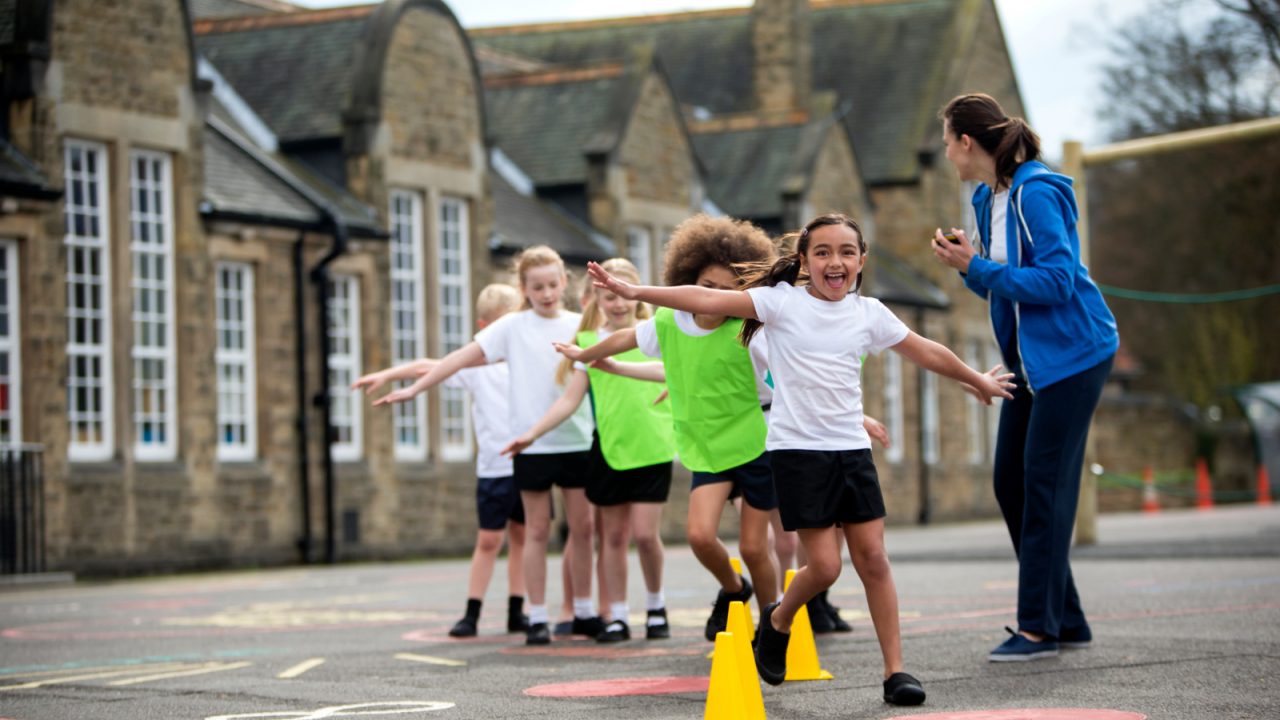 iStock
iStock



